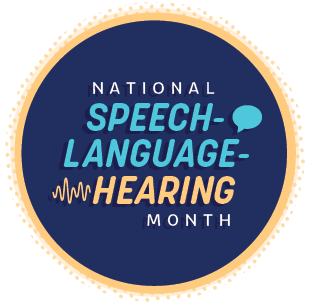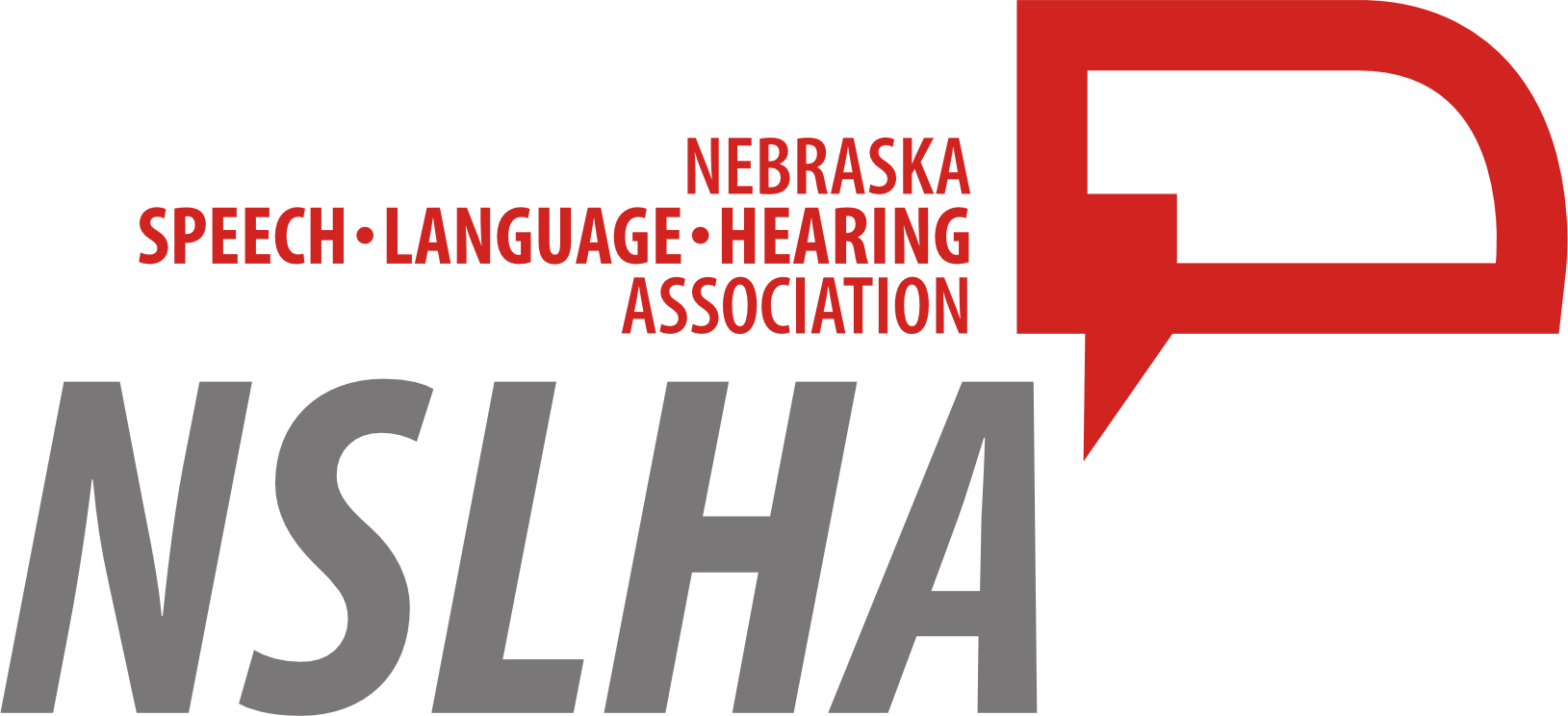
National Speech-Language-Hearing Month Awards
In honor of National Speech-Language-Hearing month, please take a moment to nominate deserving individuals for recognition.
Let’s recognize the needs of those among us who have hearing, speech, language, and swallowing disorders—and do all that we can to ensure that they have access to the services of audiologists and speech-language pathologists who can help them communicate effectively and swallow safely.
We would like to have all nominations submitted by Monday, April 7, 2025.

The National Association for Hearing and Speech Action (NAHSA) announced that starting in 2024, May will be recognized as National Speech-Language-Hearing Month instead of Better Hearing and Speech Month, which NAHSA—the consumer affiliate of the American Speech-Language-Hearing Association (ASHA)—initiated in 1972.
“We’re excited about refreshing the name of a very important observance month,” said Vicki R. Deal-Williams, MA, CCC-SLP, FASAE, CAE, NAHSA’s President as well as ASHA’s Chief Executive Officer. “Today’s realities are much different from what they were more than 50 years ago, when NAHSA launched Better Hearing and Speech Month. We see the new name as an appropriate and needed step forward.”
The decision to change the name was not made lightly, Deal-Williams noted. “For more than a year, renaming possibilities and viewpoints from thousands of ASHA member audiologists and speech-language pathologists were solicited and considered. We now have a new name that aligns with their feedback—as well as with the name of its “parent” organization, ASHA. Also, the new name is inclusive and no longer includes the use of “better,” which was perceived to indicate judgment of those who find value and validity in being differently abled. Additionally, the new name is among the briefer alternative names that were suggested which will help make it memorable and usable by media.”
What won’t change next year is the focus and effort that goes into making May a month of educating the public about the importance of human communication and what we can all do to prevent and address communication disorders. Spreading that message is particularly critical now, as—coming out of the pandemic—more children are manifesting communication delays and disorders, the World Health Organization is warning about hearing loss from loud noise exposure, and the aging U.S. population is expected to experience communication challenges.
